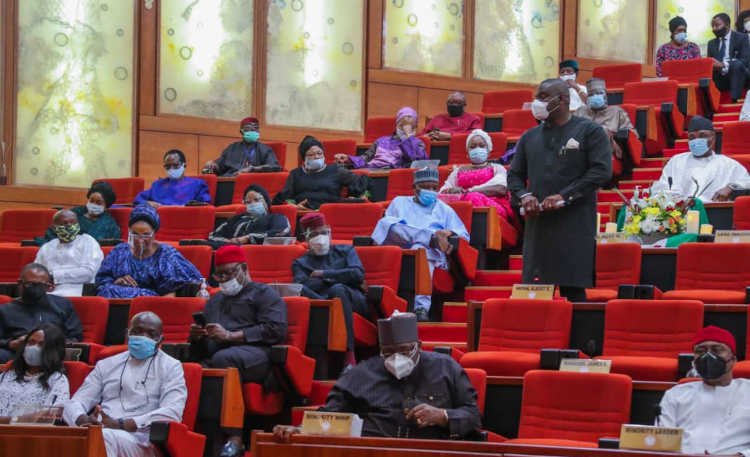As the Senate has commenced a two-day public hearing on proposed tax reform bills, it is important that the process genuinely addresses the concerns of ordinary Nigerians who bear the brunt of harsh tax policies.
Development Diaries reports that the two-day public hearing brings together key stakeholders from Nigeria‘s economic and financial sectors.
Many small business owners, low-income earners, and informal sector workers already struggle under an economy marked by inflation, high unemployment, and declining purchasing power.
Hence, any reform that does not prioritise their realities risks deepening economic inequality and further widening the gap between the government and the governed.
Also, the promise of transparency and national interest, as stated by the Chairman of the Senate Committee on Finance, Sani Musa, must not be reduced to mere rhetoric.
Over the years, similar legislative processes have been marred by lack of inclusivity, with policies slanted in favour of large corporations and the politically connected elite.
For this tax reform exercise to be meaningful, it must be open to genuine public scrutiny, ensuring that the voices of small businesses, civil society groups, and labour unions are actively heard and considered.
A tax system that disproportionately burdens the poor while granting excessive waivers to multinationals will only breed further discontent and erode public trust in governance.
Furthermore, while tax reforms are necessary to boost government revenue, they must be implemented with a clear plan to reduce wastage and inefficiencies within public spending.
Nigerians often complain about how public funds are mismanaged, with little benefit to citizens.
Hence, Development Diaries calls on the lawmakers to provide assurances that increased tax revenue will be transparently managed and channelled into critical sectors such as healthcare, education, and infrastructure that directly impact the lives of ordinary citizens.
The government should recognise that an equitable and efficient tax system is not just about revenue generation, but about fostering economic growth, reducing poverty, and strengthening the social contract between the state and its people.
We also urge citizens to take Senator Musa’s call for active participation seriously by demanding accountability at every stage of the reform process.







